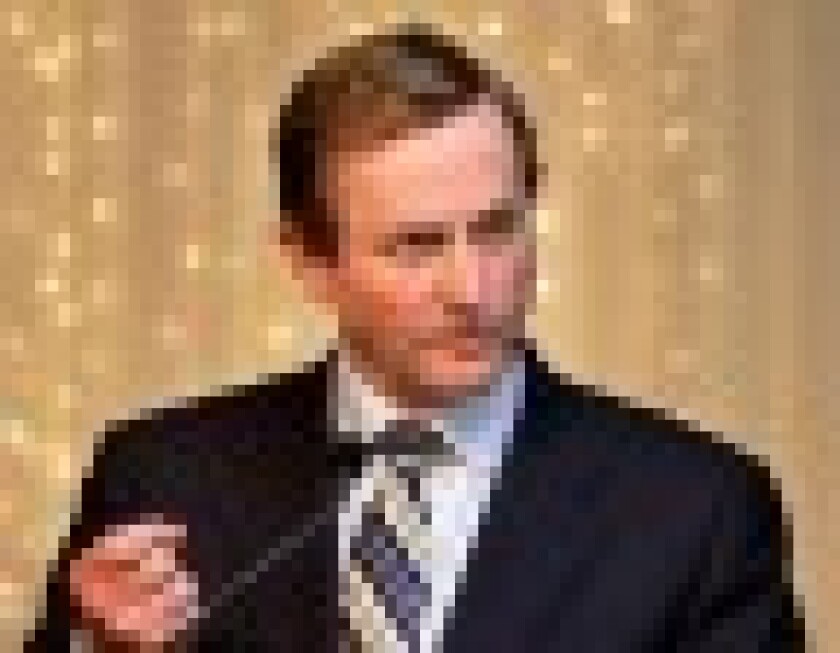Before an EU summit in December that agreed that a new economic and financial pact was required, German chancellor Angela Merkel, and President Sarkozy, of France, spoke of their desire for tax harmonisation in the EU. Germany and France have agreed to merge their tax systems by 2013.
But answering questions after a speech today at a Thomson Reuters Newsmaker event in London, Kenny said: “The difference between our rate and other countries’ is that it is a single rate, transparent across the spectrum, not going up, not going down.”
Kenny said that in a visit to the US shortly after he came to power last March, business leaders told him that they welcomed “clarity and certainty” about the corporate tax rate.
Five hundred US companies now have operations in Ireland, including Google and Facebook, because, Kenny said, for reasons such as the passion and education of Irish people, not just the low corporation tax rate.
“Tax harmonisation is a different issue,” Kenny added. “The commission is free to table any paper it wishes as a basis for legislation.”
Ireland is one of a number of member states against the proposal for a common consolidated corporate tax base, which the European Commission issued in March.
In the speech, which covered how the Irish economy is performing as part of the EU/IMF bailout programme, the Taoiseach said that apart from committing to the low corporate tax rate, the government had used other tax policies to help the economy, such as reducing VAT in industries that were labour-intensive such as hospitality.











